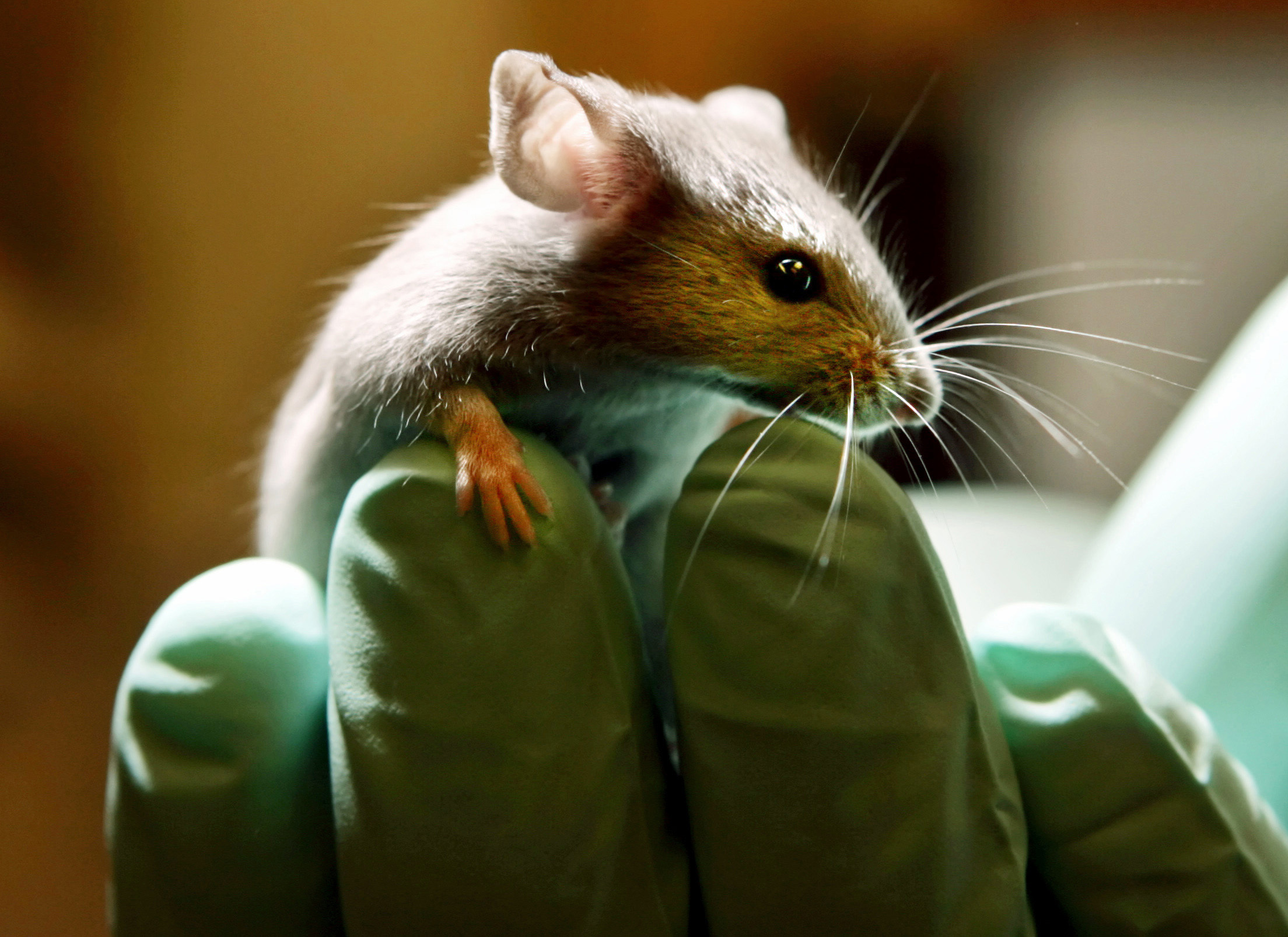Should research animals get names?
You might not want to get too attached...


A free daily email with the biggest news stories of the day – and the best features from TheWeek.com
You are now subscribed
Your newsletter sign-up was successful
You may have heard of Koko the gorilla or Alex the parrot, but what about Pia, Splinter, Oprah, and Persimmon the rats? Or Nixon the octopus? Or breeder pairs of mice named Tom and Katie or Brad and Angelina? It's not only the animals with good communication skills and long-term relationships with human researchers that get names. As Michael Erard explains in Science, "for many researchers naming is a practice whose time has come."
It hasn't always been that way. In the past, naming was frowned upon because it had the potential to introduce bias. A name might make a researcher ascribe personality traits to an animal on the basis of connotations carried by the name. It also introduced a personal connection to the animal that researchers strove to avoid. In a 1980s study of lab practices, researchers said that "they didn't name because they dealt with so many animals and were interested in them as sources of enzymes or data points, not as individuals."
But it turns out that naming can lead to better science. One lab that used names for monkeys was led to start looking at individual differences between them which "led to the discovery of the genetics and epigenetics of personality in monkeys." On a more general level,
The Week
Escape your echo chamber. Get the facts behind the news, plus analysis from multiple perspectives.

Sign up for The Week's Free Newsletters
From our morning news briefing to a weekly Good News Newsletter, get the best of The Week delivered directly to your inbox.
From our morning news briefing to a weekly Good News Newsletter, get the best of The Week delivered directly to your inbox.
Naming improves animals' lives, argues Brenda McCowan, a scientist at the California National Primate Research Center at the University of California, Davis, who manages the behavioral enrichment program for 5000 rhesus and titi monkeys. "Naming helps create positive human-animal interaction, which is better for the welfare of those animals," she says. Buckmaster adds that naming has become more accepted because "people realized the scientific value of the stress-free animal. … We have to make sure these are really happy animals, or none of the information that we get from them will be valid."
Read more about the history of research animal naming and its effect on science at Science Magazine.
A free daily email with the biggest news stories of the day – and the best features from TheWeek.com
Arika Okrent is editor-at-large at TheWeek.com and a frequent contributor to Mental Floss. She is the author of In the Land of Invented Languages, a history of the attempt to build a better language. She holds a doctorate in linguistics and a first-level certification in Klingon. Follow her on Twitter.
-
 Corruption: The spy sheikh and the president
Corruption: The spy sheikh and the presidentFeature Trump is at the center of another scandal
-
 Putin’s shadow war
Putin’s shadow warFeature The Kremlin is waging a campaign of sabotage and subversion against Ukraine’s allies in the West
-
 Media: Why did Bezos gut ‘The Washington Post’?
Media: Why did Bezos gut ‘The Washington Post’?Feature Possibilities include to curry favor with Trump or to try to end financial losses
